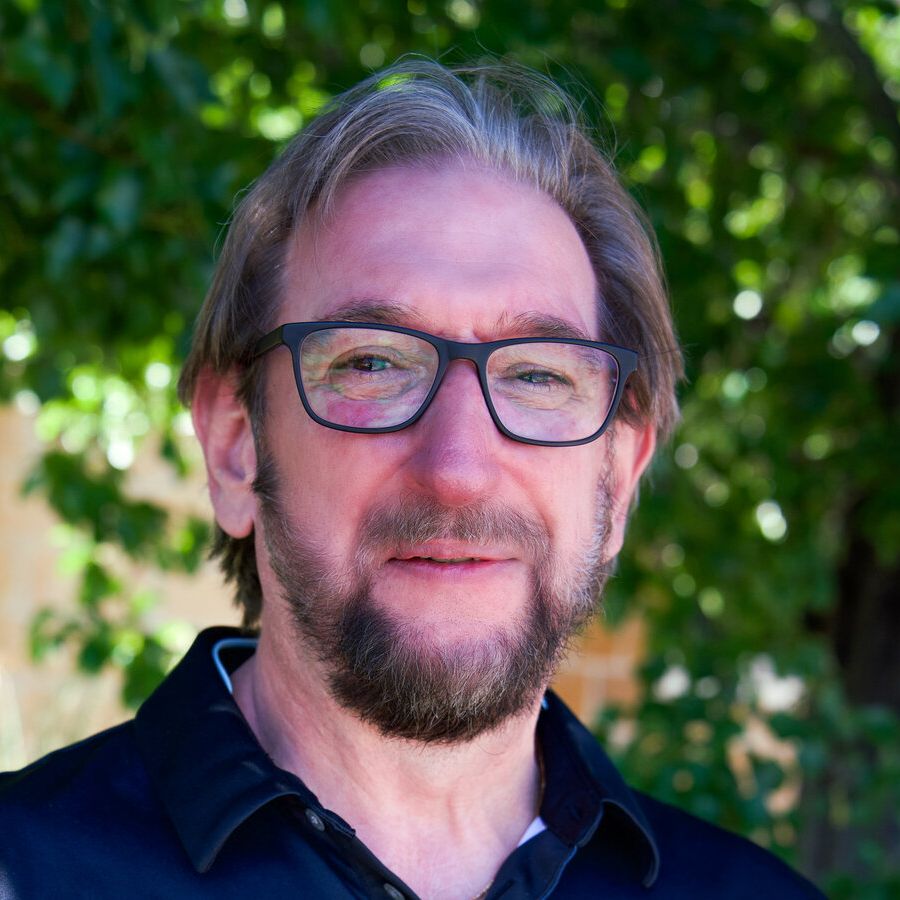Sacred Earth Sacred Action
A Climate Science and Spirituality Conference
Saturday, February 8th & Monday, 10th, 2025
A two-day event, Sacred Earth, Sacred Action (SESA), brings together environmental scientists, theologians, poets, and faith leaders to inspire meaningful change within communities of faith and activism in the Rocky Mountains and beyond.
Day(s)
:
Hour(s)
:
Minute(s)
:
Second(s)


About the Event
Grow With Us
Sacred Earth, Sacred Action focuses on the ways that Colorado communities are impacted by climate change and how elemental wisdom can deepen our collective resilience in the face of the challenges we face.
This two-day event creates a powerful opportunity for community leaders to explore the intersection of climate science, spirituality, and justice. Funded by a Climate Science in Theological Education Grant from the AAAS Dialogue on Science, Ethics, and Religion (DoSER), SESA is designed to equip current and future ministers and community leaders with the knowledge and tools to integrate climate science into their work.
Join us as we deepen our collective ability to take justice-driven and spiritually-rooted actions to care for the places we call home for this generation and those who will follow.

Keynotes
Camille Dungy
Saturday Keynote
Randy Woodley
Monday Everding Lecture
Impediments to Peace in a Wounded World
Event Schedule
Saturday, February 8, 2025 | 1:00-7:00 PM
1:00-1:15 Arrival
1:15-1:30 Welcome + Opening Ritual
1:30-2:30 Session 1 | Where Science Meets Mysticism
Environmental scientist Dr. Heidi Steltzer in conversation with Dr. Albert Hernández.
Have you ever thought ‘that’s so cool’ when you heard something wonderful about our planet? And then thought, how do scientists know that? And also thought, but there’s so much more. As we open our exploration of Sacred Earth, Sacred Action, we’ll reflect together on how we know what we know through science and mysticism. And ponder what if these are ways of knowing to be woven together, spoken out loud, and included when we take action to address the climate crisis and many related environmental woes.
2:45-3:45 Session 2 | Composting Christianity: The Bible, the Anthropocene, and Cultivating Earth Creatureliness
Religion scholar Dr. Timothy Beal
How have the Bible and Christianity contributed not only to climate crisis but also to the denial of our own finitude as a species? How might they be reimagined in ways that can help us break through that denial and find hope — deep hope, as opposed to shallow optimism — on the horizon of environmental collapse?
4:00-5:00 Elemental Wisdom Workshops – choose 1
EARTH | Ramon S. Parish – Naropa University and Sacred Earth
AIR | Janel Apps Ramsey + Thomas Weiler – Together Colorado Climate Justice Committee
WATER + FIRE | Rev. Kelly Dignan – UU Ministry for the Earth
5:00-5:30 Reception sponsored by the Iliff Women’s Alliance
5:30-6:15 Keynote
Camille Dungy, Colorado poet and author of Soil: The Story of a Black Mother’s Garden
6:15-6:45 Community Conversation with Camille Dungy
6:45-7:00 Sending Ritual
Monday, February 10, 2025
7:00-8:30 Everding Lecture | “Impediments to Peace in a Wounded World”
Dr. Randy Woodley, Cherokee Indigenous leader, farmer, activist, wisdom keeper, and scholar.
Conference Presenters
Registration
Registration costs are kept low thanks to the generous support of our funders.
Grant Funding
This event is generously funded by “The Climate Science in Theological Education” initiative. This is a project of the American Association for the Advancement of Science (AAAS) Dialogue on Science, Ethics, and Religion (DoSER) program. The project provides grants to seminaries to engage climate science and climate change in the context of theological education and ministry. Iliff is proud that Dr. Amy Erickson has received this grant as part of her commitment to integrating climate science into theological education. Integrating science into seminary education and events will encourage interest within seminaries and surrounding communities about the relevance of science to theological education, and will produce a growing number of religious leaders equipped to help their congregants find answers to science-related questions.
The American Association for the Advancement of Science (AAAS) is the world’s largest general scientific society and publisher of the Science family of journals. The nonprofit is open to all and fulfills its mission to “advance science and serve society” through initiatives in science policy, international programs, science education, public engagement, and more. Building upon its mission, AAAS established the Dialogue on Science, Ethics, and Religion (DoSER) program in 1995 to facilitate communication between scientific and religious communities. For the latest information and news about AAAS DoSER and the Climate Science in Theological Education project, visit AAAS.org/DoSER, ScienceReligionDialogue.org, and ScienceforSeminaries.org.











